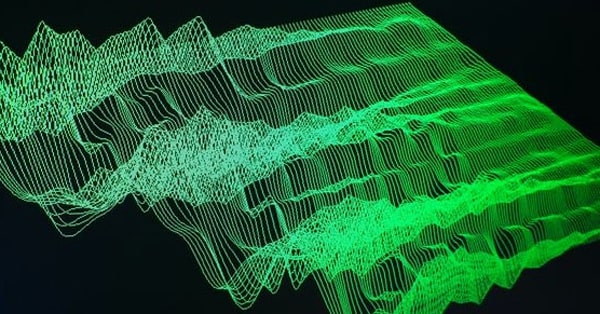
Music Protest Wavetable Sound Design Strategy TUTORIAL
This course presents 3 sections of lessons designed to help sound designers come to grips with wavetable synthesis. First, we’ll discuss how wavetable compares to other types of synthesis (including subtractive, additive and FM). Next, we’ll look at features of Ableton Live’s Wavetable synth and look at how each crucial feature works. Finally, we’ll discuss a strategy for sound design work. When you’re done with the course, you’ll feel comfortable working with Ableton’s Wavetable and you’ll have a strategy for getting started on your next sound design project using wavetable synthesis.
Where You’ll Start…
We’ll start by taking time to look at the history of wavetable (and how it compares to subtractive, additive and FM). Understanding wavetable’s context within the larger picture of synthesis will help you understand when, how and why to use it in your sound design projects.
Think About Sound Design Strategically
This course breaks down the sound design process into 4 steps.
- Timbre
- Shape
- Genre
- Texture
You’ll learn how to analyze the timbre of a sound and how to use that analysis to design similar sounds using wavetable synthesis. Wavetable synthesizer sound design uses familiar tools such as envelopes to shape a sound over time. Shape is the second stage of planning our sound in this sound design strategy. The third step is to consider the genre of the sound you’re designing. Genre is important because your sound will need to “fit” within a certain context, mood or setting in order to work well. Finally, we’ll go over how to use complex modulation structures can bring interesting texture and character to your sounds. All together, these 4 aspects of wavetable synthesizer sound design combine to improve your sound design results.
When You’re Finished…
You’ll feel more confident with wavetable synthesis once you’ve completed this course. The sound design strategy covered in this course will inform any sound design strategy – even for projects using other types of synthesis.
